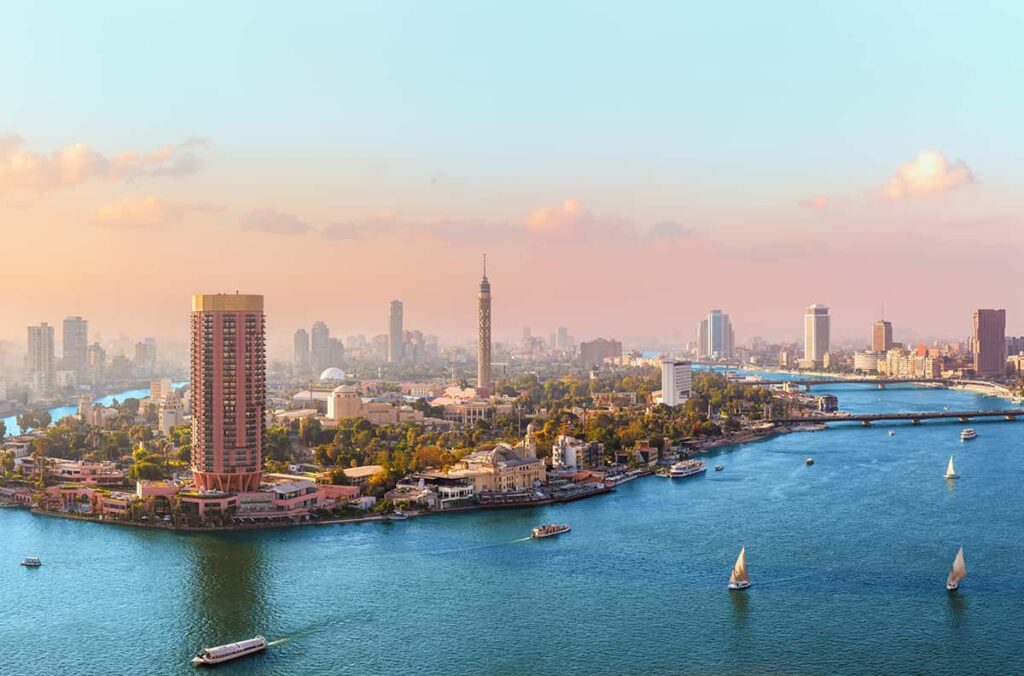The Economic Powerhouses of North Africa: Egypt and Morocco Leading the Way Towards Growth
North Africa is emerging as a key player in the economic landscape of both the Arab world and Africa as a whole. In 2023, countries such as Mauritania, Morocco, Algeria, Tunisia, Egypt, and Libya collectively saw a significant 4.2% increase in their gross domestic product, outpacing their counterparts in the Middle East and Africa. Projections from the International Monetary Fund indicate that these North African economies are set to continue their momentum this year with a growth rate of 4%, although internal disparities within the region remain.
Egypt, with a GDP of approximately $400 billion, stands out as the largest economic player in the region. Despite facing a decade-long financial crisis, Cairo maintained a growth rate of 4.2% in 2023 and is expected to sustain a growth rate of over 3% this year. The country’s external debt has quadrupled over the past decade, with a significant portion of the budget allocated towards debt servicing. High inflation rates and increasing poverty levels further complicate Egypt’s economic landscape.
However, Egypt’s strategic importance in the region, particularly amidst ongoing conflicts, has garnered international support. The European Union and the International Monetary Fund have recently extended aid packages and loans to Egypt, providing a much-needed financial lifeline. Additionally, partnerships and investments, such as the $35 billion deal with Emirati sovereign fund ADQ, are creating new opportunities for economic growth in the country.
In contrast, Morocco, as North Africa’s second economic powerhouse, has positioned itself as an attractive destination for foreign investment through years of fiscal and structural reforms. Despite challenges such as the war in Ukraine and domestic disasters, Morocco’s economy is expected to maintain a robust growth rate of 3% this year.
On the other end of the spectrum, Tunisia is currently grappling with a severe financial crisis, marked by high levels of public debt and limited access to international financing. Structural reforms are essential for Tunisia to attract investors and stimulate economic growth.
The banking and financial sector within North Africa have witnessed transformations, with local banks taking the lead in serving unbanked populations and fostering financial inclusion. Fintech companies like MNT-Halan in Egypt and Cashplus in Morocco are leveraging technology to reach underserved segments of the population, driving growth in digital payments and financial services.
Climate finance is another focus area for North African economies, as they contend with climate-related challenges such as droughts, floods, and wildfires. The region is stepping up efforts to attract investment in renewable energy and agriculture to mitigate the impact of climate change.
Overall, North Africa’s economic potential is significant, bolstered by its youthful population, abundant natural resources, and strategic location. However, the region must continue to implement reforms to improve its attractiveness to foreign investors and capitalize on its economic prospects.
